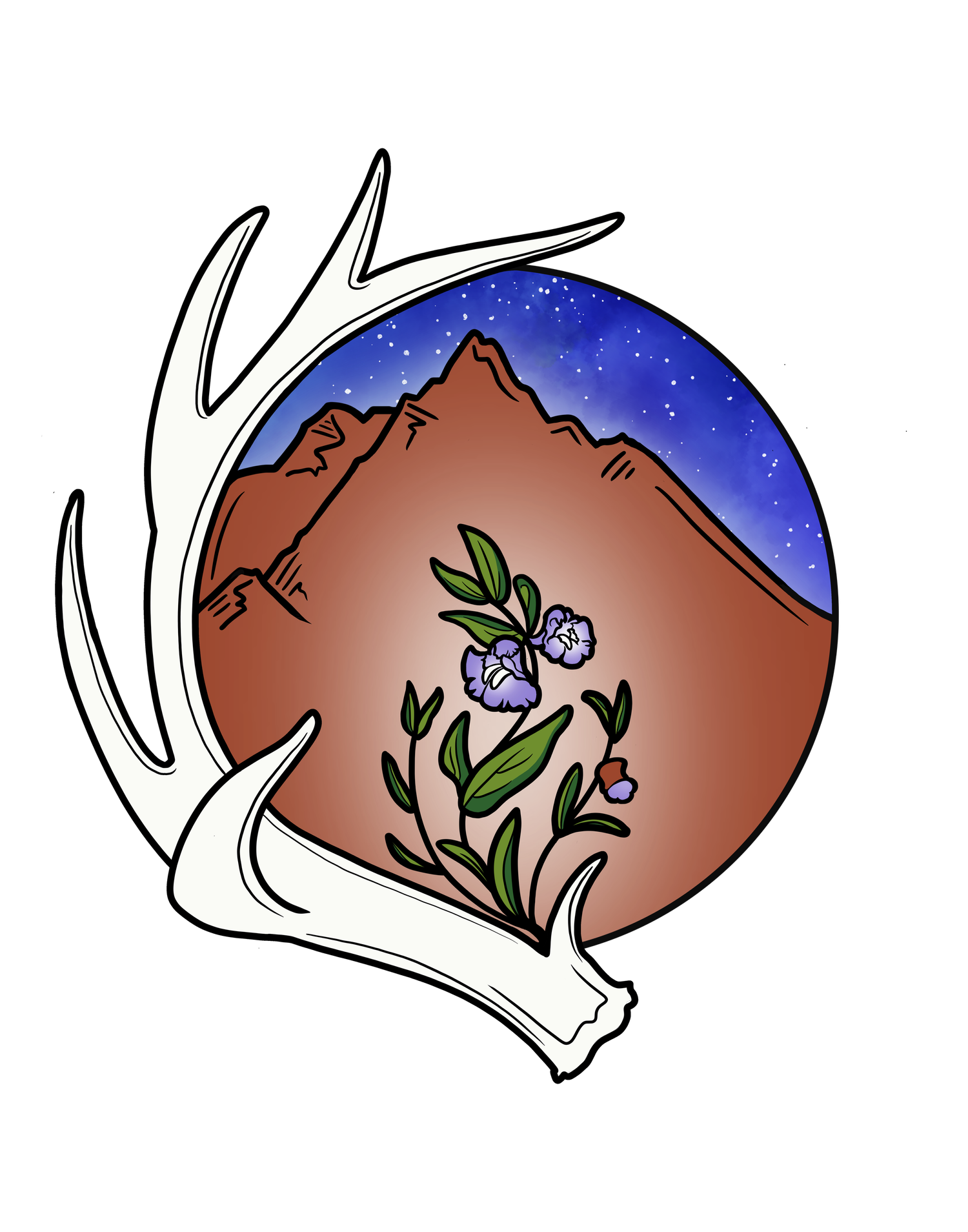Herbal Support for Endometriosis - Class Series
Learn to work with endometriosis holistically
Online only
This is a condition I’ve worked with a great deal, both in my clinical practice and personally. After 12 years of casework and even more years of direct experience, I’ve realized the power an herbal approach to endometriosis can have - and I’m so excited to share it with you!
Go in depth with the pathophysiology of endometriosis and how what we know (and don’t know) about this disease informs how we care for ourselves. This class focuses on herbal therapeutics, diet, lifestyle, and bodywork modalities for both acute and long-term care.
Online Course Includes:
Over 6 hours of video recordings
Downloadable PDFs of class materials
Recipes and medicine-making handouts
Course Costs
Class Descriptions
Class 1 - Understanding Endometriosis
This comprehensive class dives deep into endometriosis, exploring relavant anatomy, physiology, and pathophysiology. We will examine how endometriosis develops, its underlying mechanisms, and its far-reaching impact on the body. Students will gain an understanding of common symptoms and associated conditions, such as chronic pelvic pain, infertility, and gastrointestinal issues.
The course also covers conventional diagnostic methods, including physical exams, imaging studies, and blood tests. We’ll discuss the current conventional treatment options ranging from hormonal medications to surgical interventions, highlighting their benefits, limitations, and potential outcomes. We’ll also dive into menstrual pathology from a Vitalist perspective, looking at the role of nutrition, lifestyle, and mental/emotional health on menstruation and reproduction, and how that can relate to endometriosis. This class is designed for anyone seeking a thorough understanding of endometriosis—whether for personal knowledge or to better support those affected.
Class 2 - Herbal Therapeutics for Endometriosis Part I
Explore the foundational herbal approaches for managing the challenging symptoms of endometriosis. In this class, we’ll delve into:
Analgesics, Antispasmodics, and Anti-inflammatories to address the pain, cramping, and inflammation associated with endometriosis, including insights into the safe use of low-dose herbs for pain relief.
Nervines, Sedatives, Hypnotics, and Relaxants to support emotional well-being by calming anxiety, easing depression, and improving sleep.
Styptics, Astringents, and Uterine Tonics for reducing excessive bleeding and promoting uterine health.
Carminatives, Bitters, Laxatives, and Digestive Tonics to soothe the digestive system and address symptoms like bloating, indigestion, diarrhea and constipation often experienced alongside endometriosis.
.
Class 3 - Herbal Therapeutics for Endometriosis Part II
Building on the foundation of Part 1, this class expands into advanced herbal strategies for addressing the systemic effects of endometriosis. Topics include:
Alteratives, Lymphatics, Antioxidants, and Immune Stimulants to reduce bloating, combat oxidative stress, and support detoxification pathways.
Endocrine Modulating Therapeutics for addressing potential hormonal imbalances that contribute to endometriosis symptoms.
Nutrition and Dietary Support with a focus on vitamins, minerals, and macronutrients to nourish the body and enhance resilience through dietary changes and supplementation.
Co-therapeutics, lifestyle changes, and body work modalities for working with acute and chronic symptoms related to endometriosis, as well as commonly associated illnesses, such as autoimmune disorders
Part 2 offers practical tools and insights for deepening your understanding of the long-term support for managing endometriosis holistically.
Disclaimer: Kat Mackinnon RH (AHG) is a certified herbal medicine practitioner, not a licensed healthcare professional. This class seriese is intended for informational and educational purposes only and should not be used as a substitute for professional medical advice, diagnosis, or treatment.
